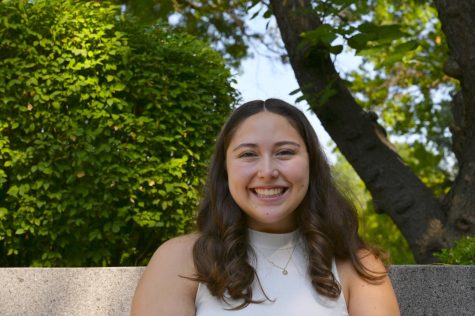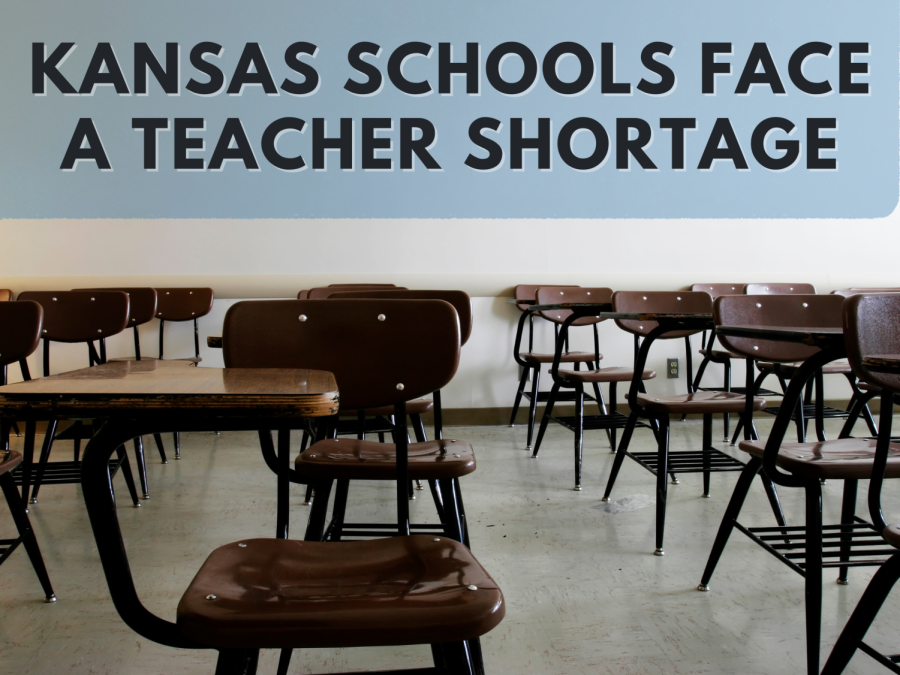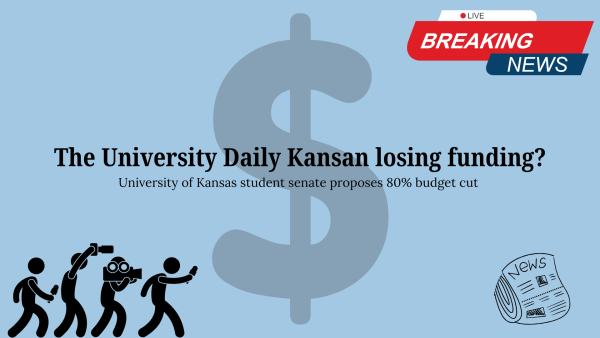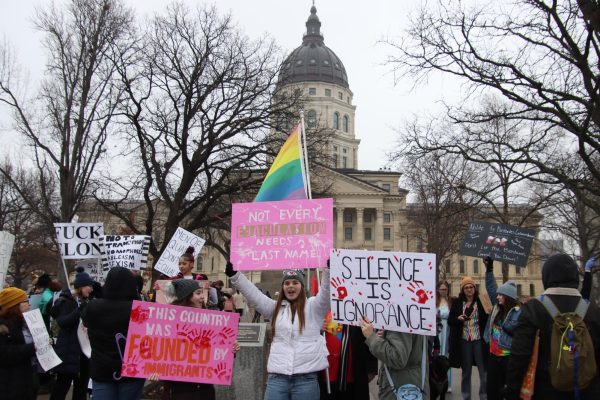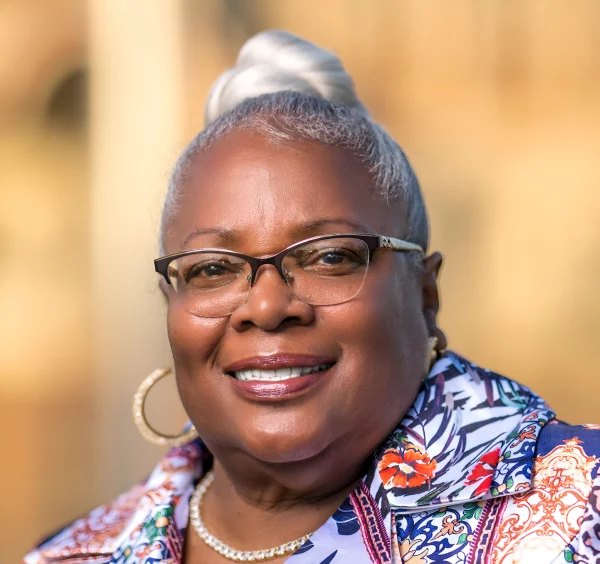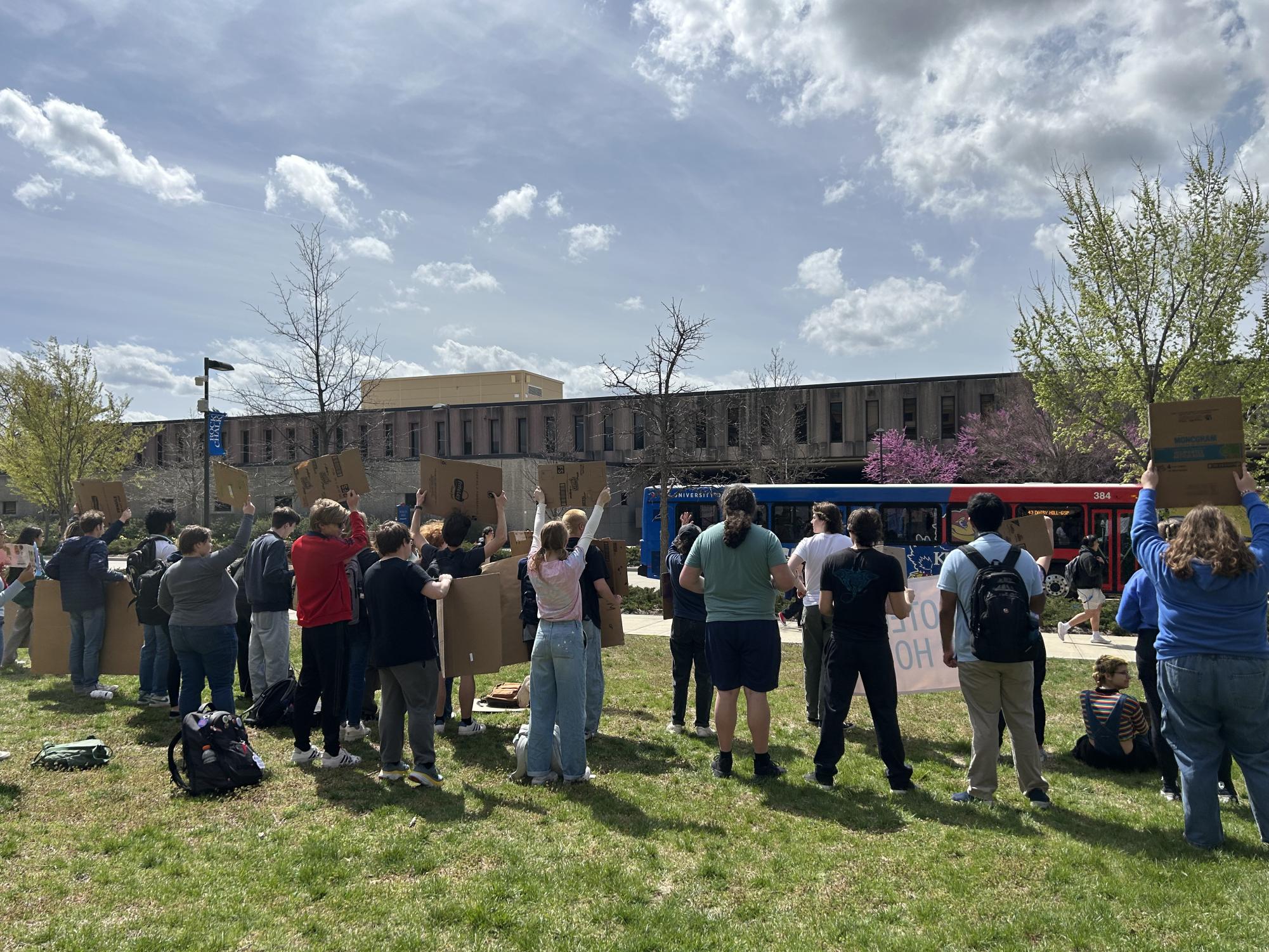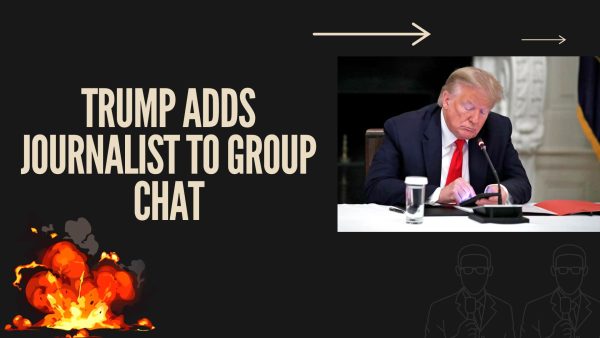Kansas education system faces teacher shortage
The teacher shortage has been ongoing in Kansas. How are schools facing the issue?
Schools across the nation are feeling the effects of the ongoing teacher shortage. With COVID-19 raging and unchanging wages, teachers are feeling stretched thin.
The shortage of teachers is consuming classrooms from elementary schools to high schools.
Students, teachers and administrators realize that this crisis has been ongoing and that the effects are becoming detrimental to the education system.
“Students are not in a classroom on a regular basis which has affected their overall growth academically as well as emotionally. It has been taxing,” said Tracie Lutz, an education professor at Washburn University.
Students are the core of education and with the shortage of teachers across Kansas, it is hard to give students a proper and complete learning space.
“The biggest issue with the teacher shortage is any of the outcomes that affect our students overall,” said Lutz, ”Students are first within the school setting so when learning is interrupted whether it is face-to-face or online, the effects are being noted concerning our students.”
While having to change the way learning goes on during the pandemic, teachers are finding it more and more challenging to stay motivated. The pandemic has been hard on many professions, but teaching during a pandemic has caused teachers to feel burnt out and weighed down.
“It has been stressful, we have had to use our plan time to cover other classrooms if their teacher is sick,” said Jordan Hoffman, a senior elementary education major and student-teacher.
Students also realize the pandemic world they are living in, but they are constantly reminded when at school.
“We are constantly telling kids ‘pull up your mask’ and ‘cover your face,’” Hoffman said. “COVID has definitely taken a toll in the classroom.”
The stress continues to build through the rise in cases and shortage of teachers, but even pre-pandemic schools were still struggling to find teachers.
“The pandemic has justed many careers and many professions across the world,” Lutz said. “We are no different than other professions that are struggling, but we are juggling teacher shortage prior to the pandemic so it has just put a spotlight even more on the need for more teachers within the U.S. as well as Kansas.”
Hoffman talked about how some schools struggle to find math teachers during this time and fill the position with “anyone in the building.”
The biggest worry is that students are not getting the education they deserve because of the shortage of teachers in Kansas, but the mental health and social wellbeing of students is also a concern.
“There are social and emotional effects, as well as academic effects. The number one factor in a school setting that sets the precedent for student success is the classroom teacher,” Lutz said.
If there are no teachers in the classroom, then more stress is being put on the ones who are. The truth is that teachers are tired and burnt out.
“We are all very tired and even my mentor teacher right now is struggling,” said Hoffman, “She has been teaching for five years and this is by far the hardest year she has had.”
Along with burnout, teachers are also retiring.
“I think it is in part due to the huge movement of retirement, many teachers are at the point in their age and career where they can retire and they are choosing to do so,” Lutz said.
The teachers who are not at the age to retire are the ones who have not seen their pay increase.
“They will have to start paying teachers more for a real incline to happen and I don’t think it’ll get better for a while,” Hoffman said.
Hoffman wants to go into education to be the teacher that students want to learn from, but she does find it concerning that there is a decline of people wanting to go into the education field.
Different factors from incentives to decreasing the workload of teachers to increasing pay to scholarships for future educators could help bring in more people who want to go into the field.
As a student teacher, Hoffman said that during the hard days, educators need to “remember why you started.”
The teacher shortage in Kansas continues to grow and the future of the crisis is unknown. As an educator herself, Lutz notes all the factors and declares this shortage an “emergency now.”
Teachers are the heart of the education system, along with the students, but as of now, the system is in need of teachers. With having no teachers the future education of students can be impacted.
Edited by: Katrina Johnson, Kyle Manthe
Your donation will support the student journalists of Washburn University. Your contribution will allow us to purchase equipment and cover our annual website hosting costs.
